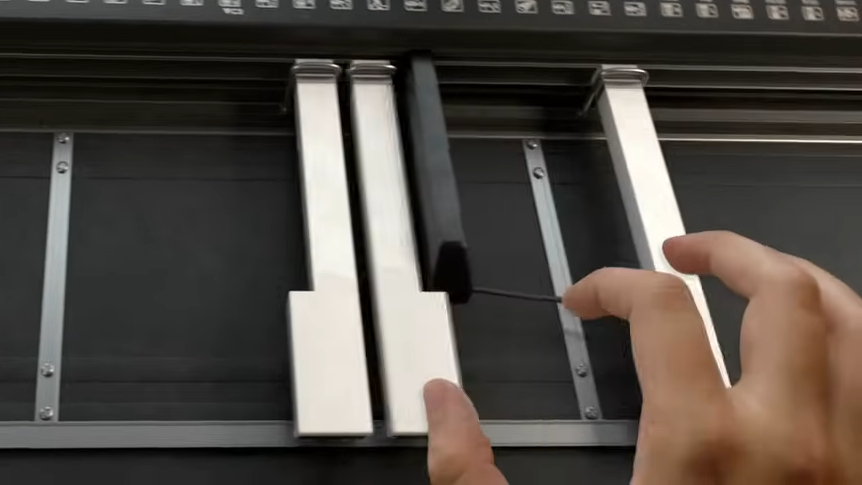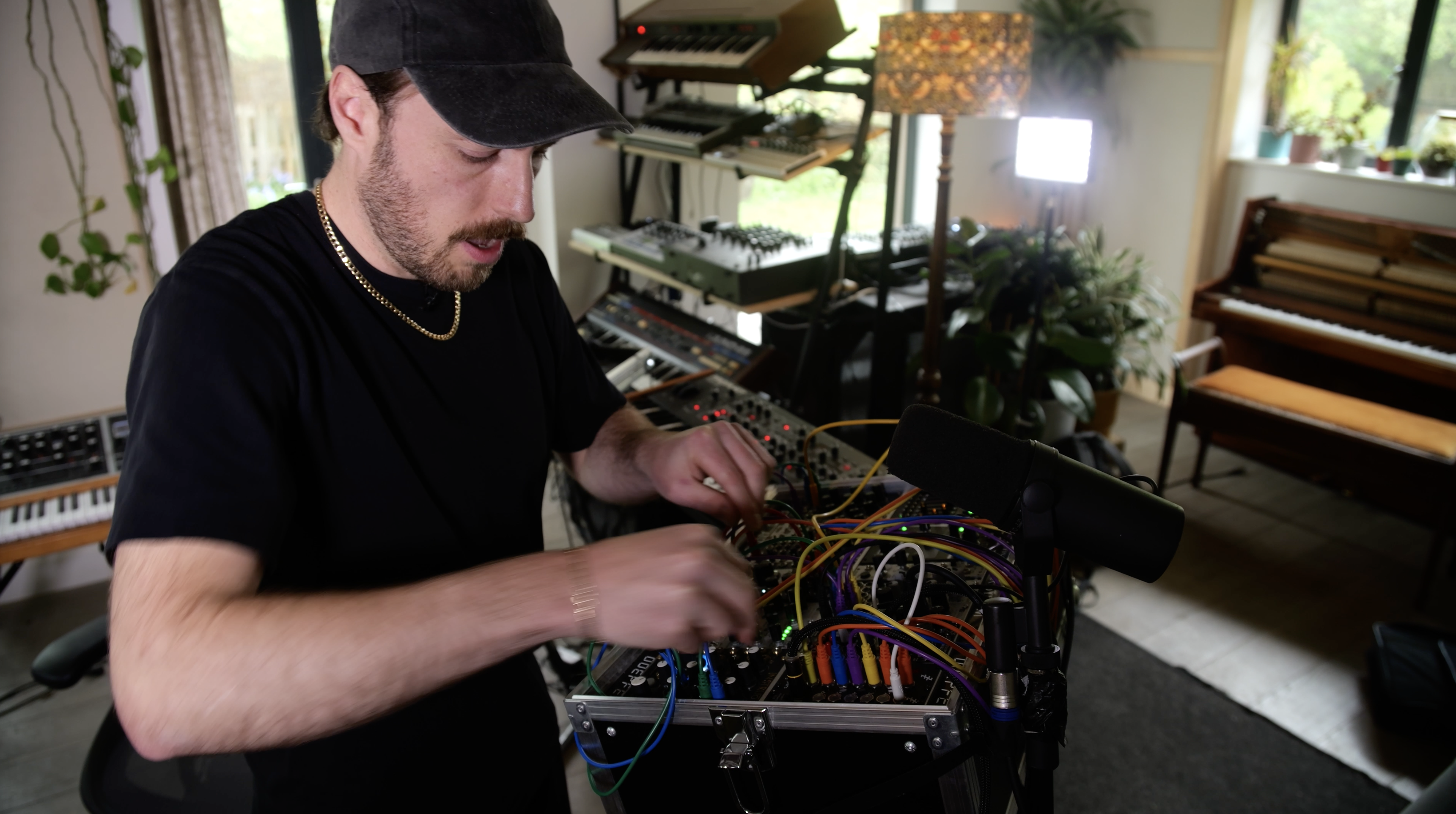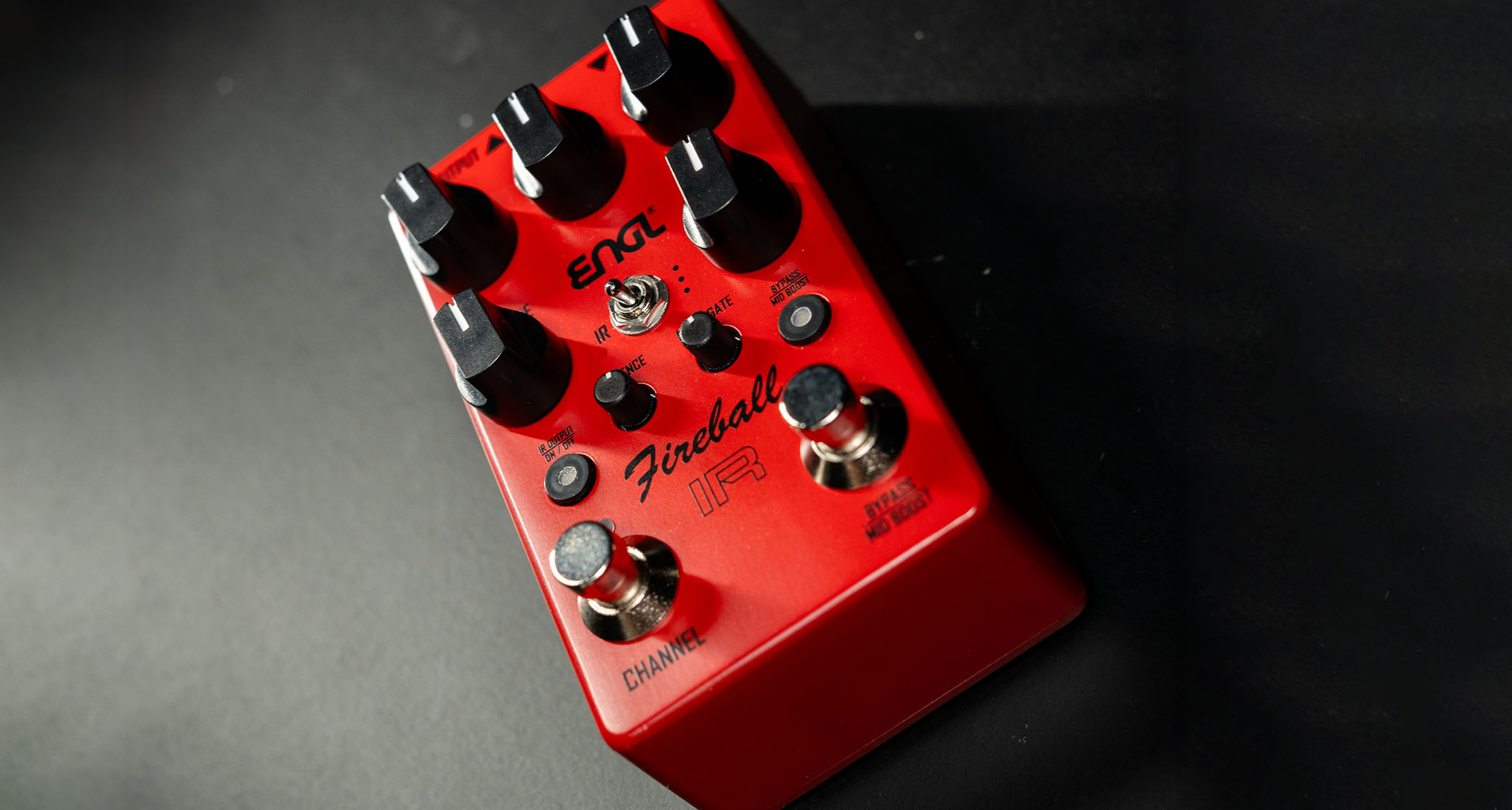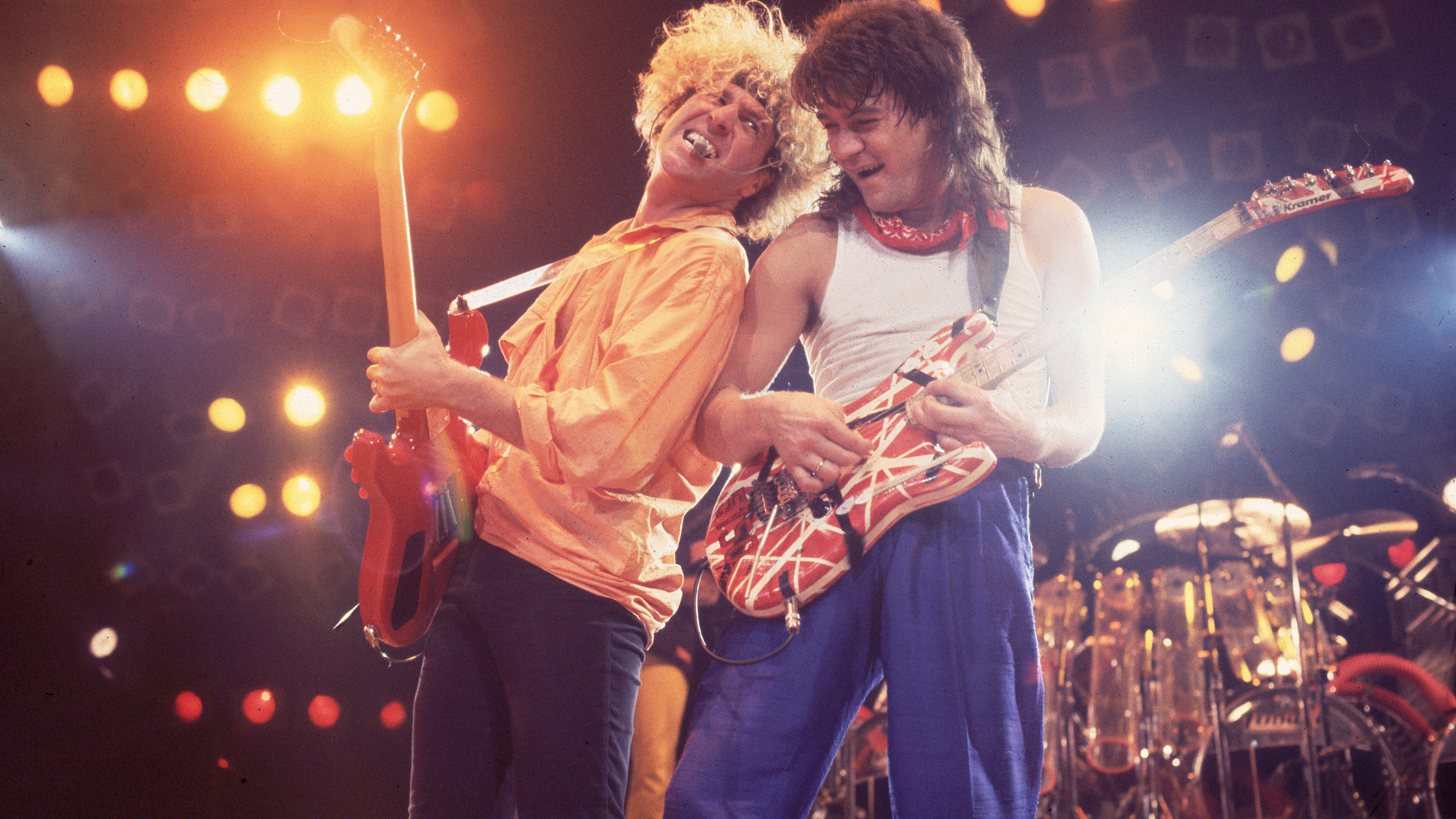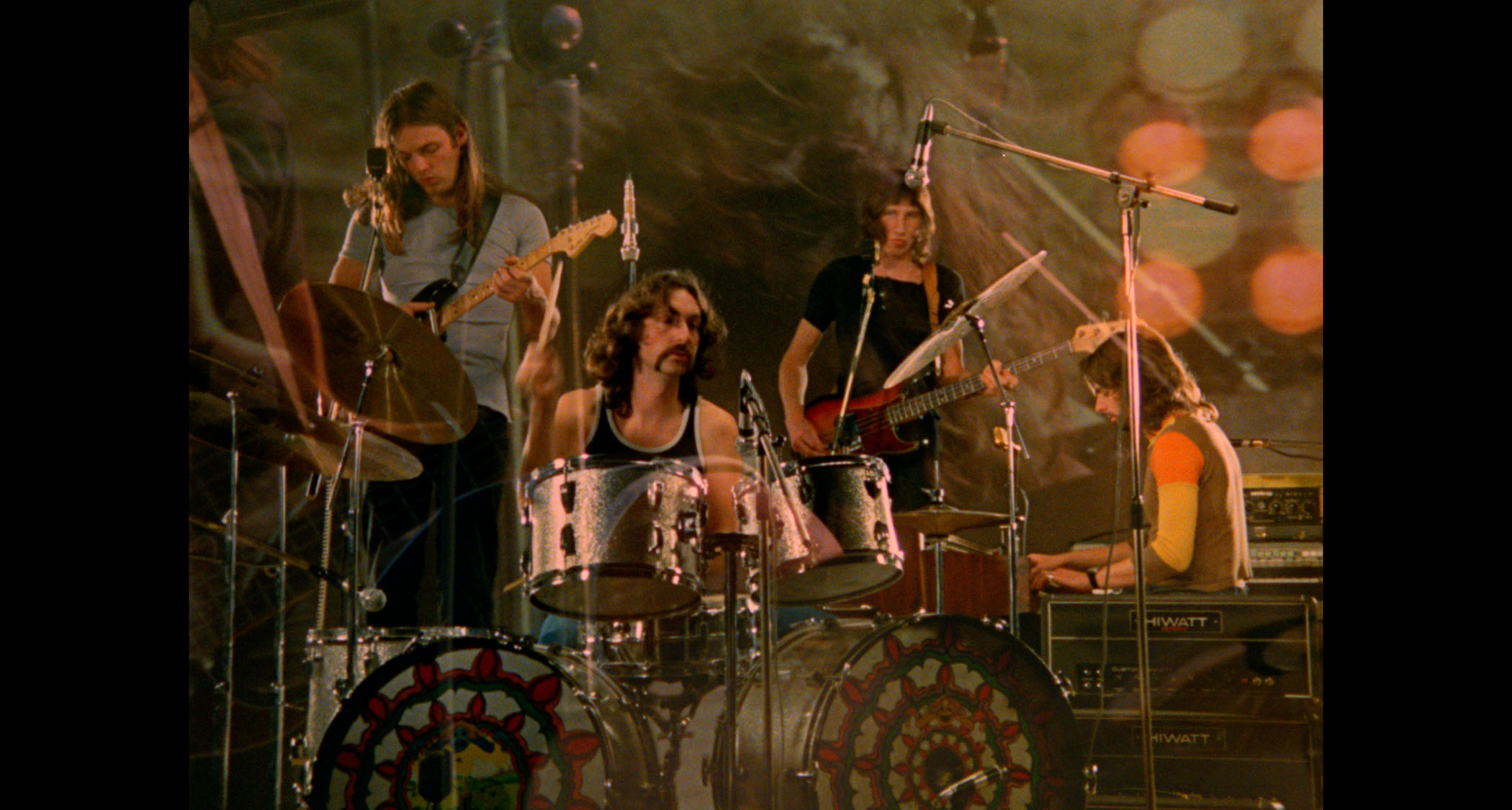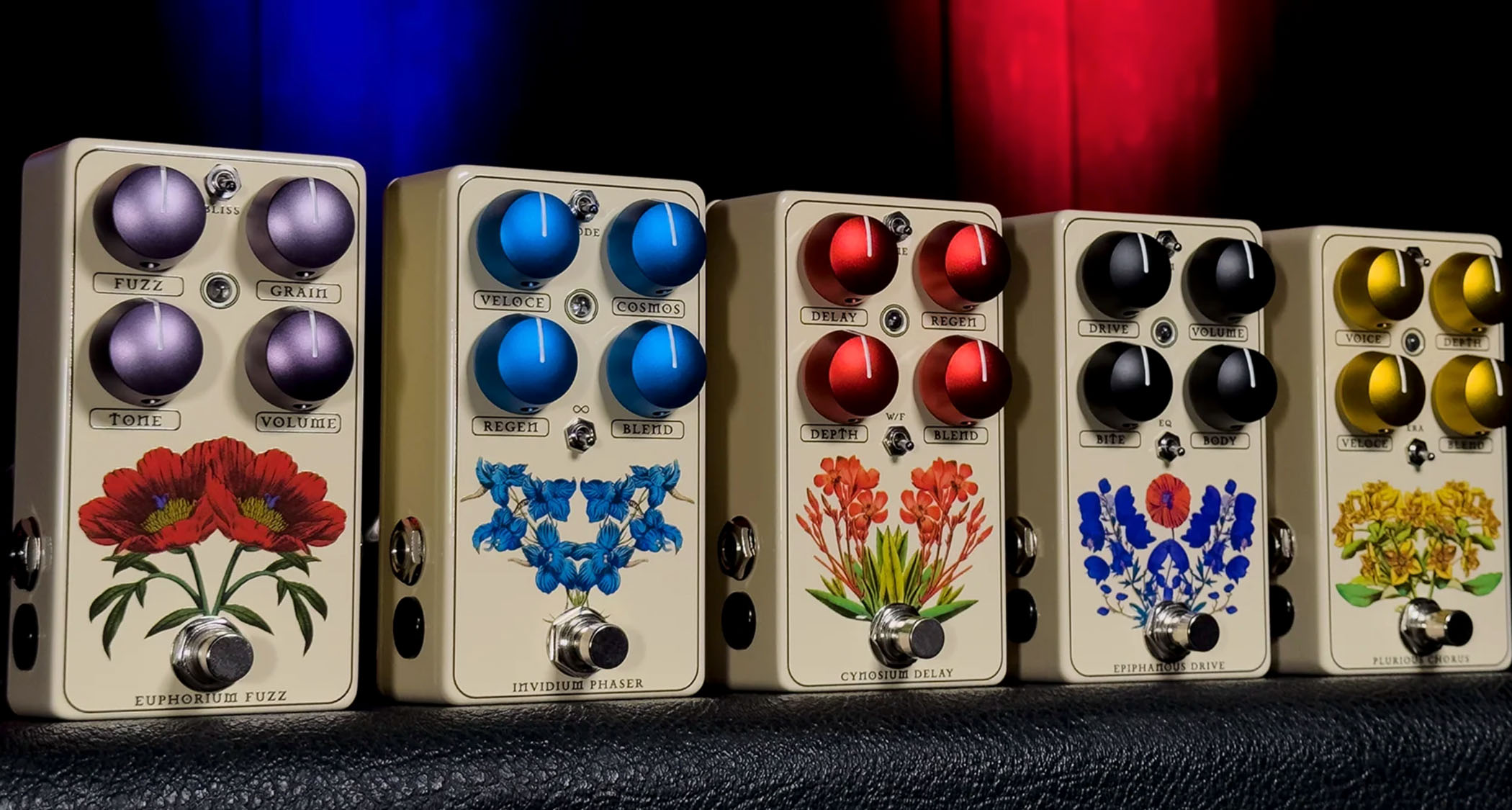ACID Pro Next lets you split complete songs into individual tracks
Could ‘source separation technology’ put Magix’s DAW back in the game?
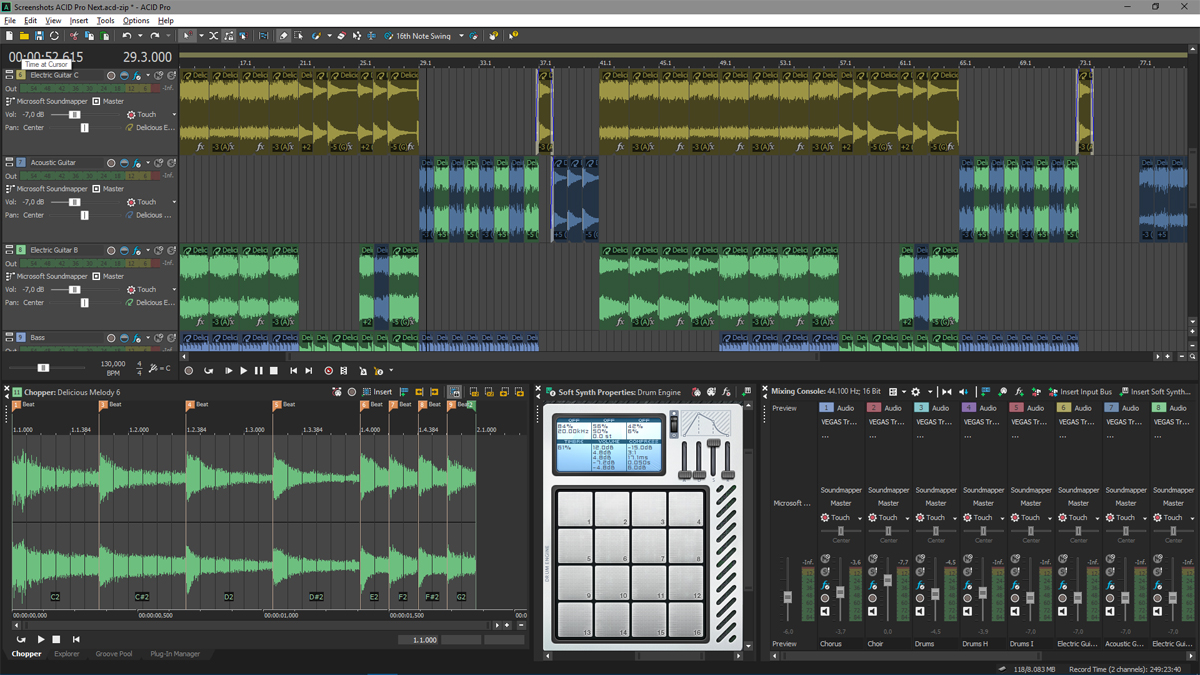
It’s been a while since anyone talked about ACID, one of the original loop-based DAWs, being innovative, but ACID Pro Next has the potential to change that. Said to be “the first DAW with source separation technology,” this promises to let you split mixed songs into individual tracks.
This feature is powered by Zynaptiq’s Stem Maker technology, and could be a real boon when you’re remixing or creating mash-ups.
Now being developed by Magix, ACID Pro Next also features the MIDI Playable Chopper; use this to split a file into beats and samples so that they can be played as if you were using an MPC-style sampler.
What’s more, it comes with Celemony’s Melodyne Essential for pitch and tone editing, new mastering tools and new ACIDized loops. ACID Pro Next ships with a total of 22 instruments and 19 plugin effects.
Torsten Heise, ACID Pro's Product Owner says: “We are excited to announce ACID Pro Next. Being able to isolate your favourite audio vocals and beats in industry-leading quality with the groundbreaking technology of our partner Zynaptiq, and mix them into your favourite tunes is next-step thinking. With all of its extra MPC-style features, ACID Pro Next is not only the ultimate production and remixing tool, but becomes a piece of performance software in its own right!”
ACID Pro Next is available for Windows priced at £299. You can also choose a subscription option from £15.99 a month, a or a Suite version, which contains more content and costs £449.
Find out more on the Magix website.
Get the MusicRadar Newsletter
Want all the hottest music and gear news, reviews, deals, features and more, direct to your inbox? Sign up here.



I’m the Deputy Editor of MusicRadar, having worked on the site since its launch in 2007. I previously spent eight years working on our sister magazine, Computer Music. I’ve been playing the piano, gigging in bands and failing to finish tracks at home for more than 30 years, 24 of which I’ve also spent writing about music and the ever-changing technology used to make it.
